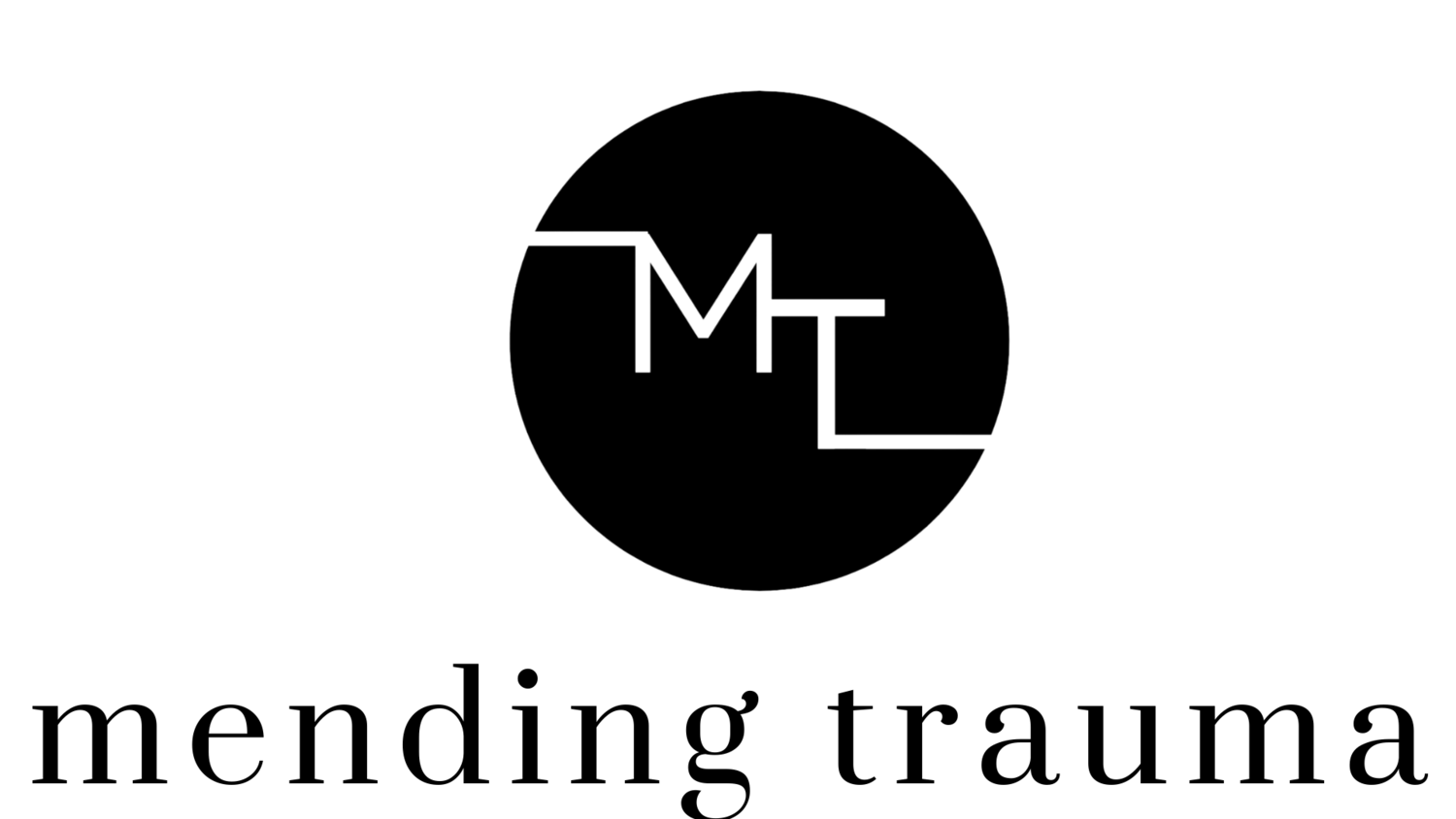What Are Trauma Bonds?
Trauma bonds are a concept that came out of the addiction world by Dr. Patrick Carnes. He worked for years as a psychologist at the Meadows in Arizona, a rehab facility. He started to notice that a lot of the patients that he worked with would end up in really problematic relationships.
He realized that some people were accidentally recreating parts of the chaos of their childhood. And they were accidentally or inadvertently picking partners that mimicked an abusive or emotionally unhealthy parent. There was no conscious awareness of this!
Let’s explore trauma bonds a little bit more.
Examples of Trauma Bonds
An example of a trauma bond would be growing up in an abusive home and then choosing a violent/abusive partner when you are older. Leina and I grew up in a violent home. When I got married the first time, I accidentally, without any conscious awareness, chose a violent partner. It felt familiar and therefore felt “comfortable.” That sense of familiarity and comfort doesn't necessarily mean that it's optimal though.
Of course, there were red flags but I ignored them because they felt familiar. After we were married a few months I realized I had replicated my parent’s early marriage. It was startling because I thought I “knew better.” For me, it was a clue that I needed to do some more work and some more healing.
How to Heal Trauma Bond Tendencies
It's immensely helpful for people to understand that this accident replication of unhealthy relationships is their nervous system that is doing the picking, and it isn’t a conscious choice.
One of the things that the brain does in order to feel better about how events happen is we blame ourselves. We think “If I'm at fault, then I can make sure it never happens again, because I'm going to do a much better job next time, I'm going to be more perfect. Or I'm going to be more calm or more funny or more skinny, or whatever it is.” It’s a way that the brain helps calm itself down after a difficult event and it’s a false illusion of control.
So when we have an understanding that we did not pick this on purpose, that it didn't come from a conscious or willful choice, then we can start understanding with self-compassion how we end up in these relationships. When we realize that instead of being hypercritical of ourselves we can start being benevolently curious about why this felt so familiar, and why we ended up in a relationship that is characterized by trauma bonds, we can build awareness and work towards changing the relationship dynamics.
One Partner Can Change the Dynamic
If there is active abuse occurring, and it's not stopping, then no matter what you do, you can't change the dynamic of the relationship because of the abuse.
But if we are not in an abusive relationship, we can greatly benefit from learning how to be better at emotional regulation. This begins with understanding how to calm our nervous system, and how to interact with our partner or spouse in a way that encourages nervous system regulation.
It is our job to keep our own nervous system regulated but sometimes, especially in relationships characterized by trauma bonds, there is an expectation that our partner should keep us regulated by changing their behavior. While we need a safe relationship to help us regulate, we are ultimately in charge of our own regulation.
Sometimes feeling comfortable is a red flag.
Seeking Advice From Friends and Family
One thing to keep in mind is that most of us seek relationship advice from the people we are close to. And most of the time, not always, but most of the time, the people we are close to are not well qualified to give us healthy or productive relationship advice.
We'll go to friends and family to seek help about something and the popular culture is, “do what feels right and do what makes you happy”. The challenge that can occur with that is that we have long-term happiness versus short-term happiness. And if we're wired to engage with somebody romantically who's dangerous and chaotic, then doing what makes you happy, in that arena, will bring you a lot of pain and sorrow.
When we can understand the patterns in our lives and why we do things, and then we can start seeking out ways to heal our nervous system, then we start opening up opportunities for new choices, and our partners.
I encourage you to start by taking our quiz, Do I have Trauma? It will walk you through whether you do have childhood trauma, and it will help you know where to start on your healing journey.

